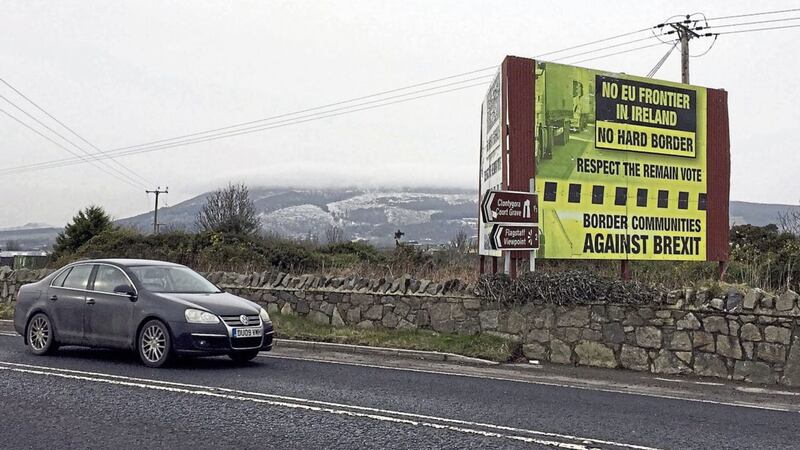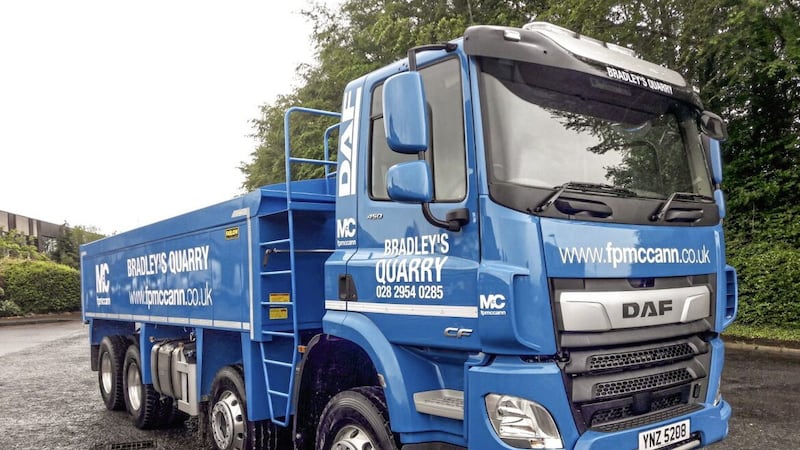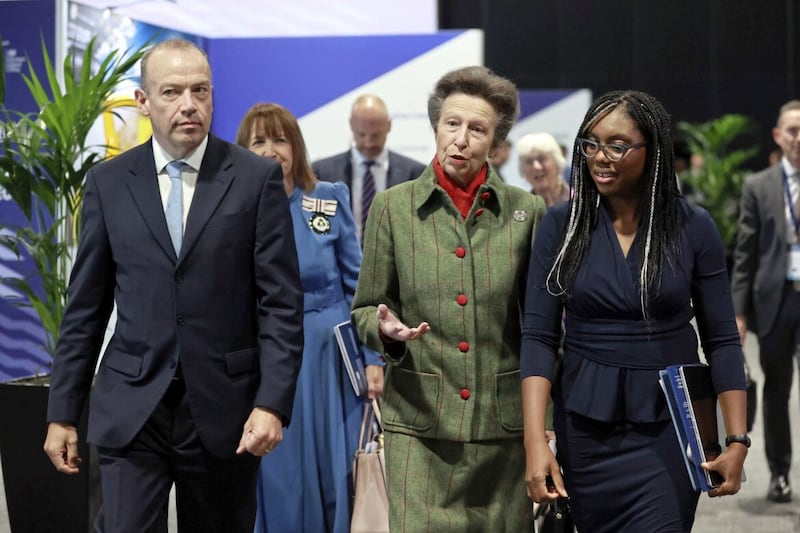AS the UK and EU negotiate a new relationship, perhaps the most complicated and economically crucial task is agreeing the future of the rules that govern the UK economy. Rules are the foundation for trade. Every nation has its own framework for how goods and services can be sold within and across its borders.
The EU’s Single Market is one of the most sophisticated systems of economic rules in existence. Alongside securing the right customs arrangements, regulatory alignment is the key to keeping barriers between the UK’s domestic market and the EU Single Market as low as possible.
But the job of untangling 40 years of economic and regulatory integration is a mammoth one and should not be underestimated. From the broad and revolutionary Services Directive on which all cross-border EU services trade is based, to the detailed and technical Plant Protection Product regulations, there are around 19,000 EU legislative acts in force.
The challenge is, of course, heightened because of Northern Ireland’s shared land border with the EU and the fact that many of the rules will have consequences for policy set by the devolved nations as well as Westminster.
And the stakes are high. If negotiators get it wrong on rules, the consequences will be far reaching. Companies right across the UK have voiced concerns about court action, entire business models becoming illegal overnight, customer contracts in confusion, and a sudden drop off in access to our closest market for some of our leading industries.
The UK government has committed to ensuring regulatory certainty and continuity in the short-term, which is the correct approach given the scale of this issue. To support both sets of negotiators in the tough talks ahead, the CBI is working hard to bring the facts to the table. Last month we published our ‘Smooth Operations’ report which aims to bring some clarity to the issue of regulation and alignment for various sectors.
The report was compiled over a six-month period through consultation with hundreds of businesses of all sizes and from all regions of the UK – from architectural firms to pharmaceutical manufacturers.
It takes a sector-by-sector look at the EU rules that matter to business and finds that the UK economy cannot be neatly packaged into sectors that want alignment and sectors that want to deviate from EU rules.
The views of business are clear. As the UK leaves the EU, there are opportunities for rules changes – for example in agriculture and tourism – and ways of regulating better within current frameworks, such as in procurement for defence and construction. However, these opportunities are limited and are vastly outweighed by the costs that will be incurred if the UK’s rules change so much that it reduces smooth access to the EU’s market.
Where rules are fundamental to the trade or transport of goods, the UK and EU must negotiate not just alignment of rules, but ongoing convergence – where rules remain in lock-step over time and are recognised as so to allow the simple trade of goods and services. This also raises questions around how that alignment will be monitored.
With over 70 per cent of the UK economy made up of services, it will also be important that any deal must not stop at goods trade, as so many other free trade agreements do. To adequately match the depth of the relationship between the UK and the EU, negotiators should look to set a new international precedent in the trade of services and digital products with the Brexit deal.
To ensure the relationship can last for the long-term, and that the EU’s concerns about trust and the UK’s concerns about control are managed, alignment will need to come with mechanisms for influence and enforcement that benefit both sides.
The EU has made it clear that the UK cannot have the same voice as an EU member state after Brexit, but some non-EU nations such as Albania, Montenegro, Turkey have a degree of influence through the EU’s agencies. And the EU has already demonstrated a significant interest in the future of UK competition and environmental policy.
Unfortunately, politicians tend to have a very limited knowledge of trade rules and so the experience of companies across the country will be essential in the months ahead. A major acceleration in the partnership between business and the UK government will be needed to minimise the economic damage from Brexit.
Business must bring evidence to the table and encourage politicians to avoid decisions based purely on ideology. For example, changes to rules for one sector will not just affect businesses in that sector, and divergence in rules in one part of the production process can have knock on consequences for market access throughout an entire supply chain. These realities are not always understood.
It is important that UK negotiators appreciate the complexity of rules and the effect that even small changes can have. The CBI’s report comes from the heart of business. Hopefully it will provide that much needed evidence base to inform good decisions which will protect jobs and living standards as the UK’s new relationship with the EU unfolds.
:: Angela McGowan is director of CBI Northern Ireland. Follow her at @angela_mcgowan.








